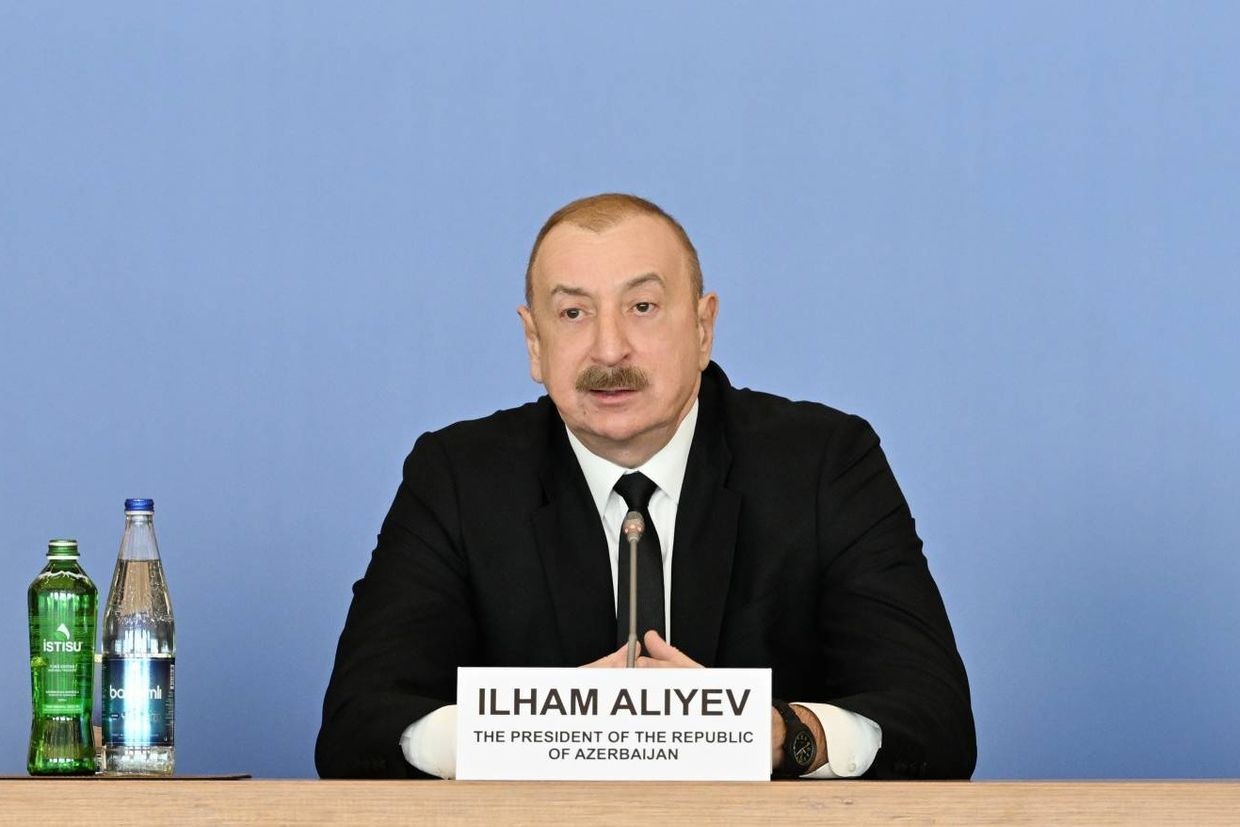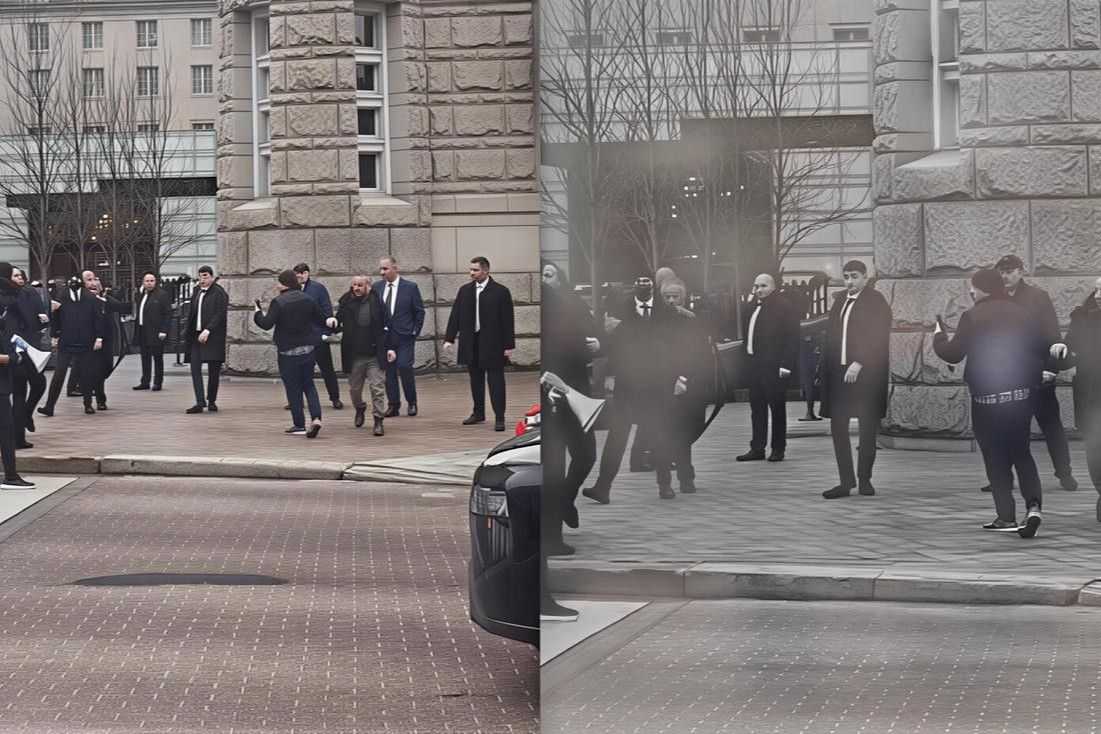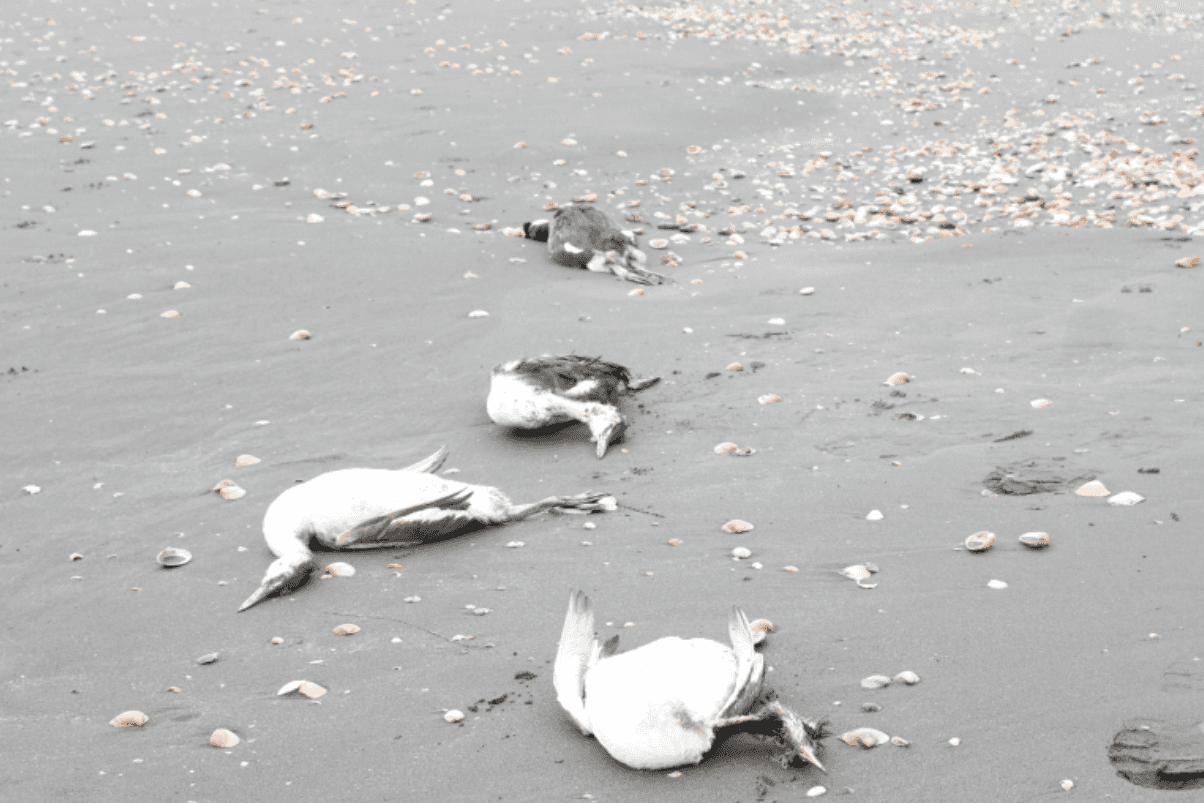
Editor’s note: This article has been updated to include comments from opposition politician Jamil Hasanli.
Just days before the Victory Day celebration in Moscow on 9 May, Azerbaijani President Ilham Aliyev said he would not be going, Russian president aide Yuri Ushakov told Interfax on Wednesday.
The event is dedicated to commemorating the 80th anniversary of the Soviet Union’s victory over Nazi Germany in World War II.
‘We received the message that, unfortunately, Aliyev will not arrive. They explained that he has to participate in internal events dedicated to [former president and Ilham Aliyev’s father] Heydar Aliyev’, Ushakov said.
Ushakov had confirmed the day before that Aliyev would participate, along with other leaders from the Caucasus, including Armenian Prime Minister Nikol Pashinyan, Abkhazian President Badra Gunba, and South Ossetian President Alan Gagloev.
There was no official announcement of the cancellation on the Azerbaijani state-run media outlet AZERTAC.
At the same time, pro-government media outlets explained Aliyev’s decision in more depth.
A sarcastic, vitriolic article in Caliber said that ‘at no point had any official representative from Baku confirmed Aliyev’s participation’.
The article also questioned why ‘the Russian presidential aide felt entitled to speak on behalf of the Azerbaijani head of state’.
Caliber said that Azerbajaini soldiers would still take part in the parade.
Another pro-government media outlet, Aze.Media, said, ‘It was naive to expect [Aliyev] to attend the Victory Day Parade in Moscow’, adding that ‘Baku no longer tolerates an imperial tone’.
Referencing Aliyev’s cancellation, Jamil Hasanli, a prominent opposition politician, told OC Media that ‘Russia is currently in a state of disintegration, and there was hope that [US President Donald] Trump would come to power and save [Russian President Vladimir] Putin, but that did not happen. So, Aliyev has no incentive to visit Moscow’.
‘‘Another issue for visiting Moscow is the danger [factor], as Ukrainian President [Volodymyr Zelenskyy] also warned countries about [possible] drone attacks’, Hasanli said.
Tensions have risen between Azerbaijan and Russia in recent months.
One of the primary instigators for the current spat is the fatal Azerbaijan Airlines (AZAL) crash in Kazakhstan in December. Shortly after the crash, Baku accused Russian air defence of striking the plane as it approached its initial destination of Grozny, and then of subsequently obfuscating its role in the incident. On Monday, Azerbaijan said that Russia had been dragging its feet on the investigation and had yet to release any of its findings, despite repeated requests from Baku.
Earlier in May, the head of the Azerbaijani Parliament’s commission on countering hybrid threats, Ramid Namazov, accused the Russian APT29 group of being behind the February cyberattack on Azerbaijani media.
In another incident in May, Azerbaijani MP Azer Badamov was detained at an airport in Moscow and deported back to Baku in a move the Azerbaijani Foreign Ministry called ‘unfriendly’.
For ease of reading, we choose not to use qualifiers such as ‘de facto’, ‘unrecognised’, or ‘partially recognised’ when discussing institutions or political positions within Abkhazia, Nagorno-Karabakh, and South Ossetia. This does not imply a position on their status.











